
冠 词
冠词包括定冠词the(一般表特指)和不定冠词a/an(泛指一般的普通名词)
- 定冠词the的用法
注意读音:the desk the apple
- the +单数名词,表示一类人或事物
eg: The horse is a useful animal.
- the +形容词,表示一类人或事物
eg: the poor the rich
- 口语中,谈话双方都知道的特定的人或事物
eg: Pass me the book, please.
- 特指再次提及的人或事物
eg: He bought a book yesterday. The book is on the desk.
- 表示世界上独一无二的事物
eg: the earth the sun the moon
- 用在西洋乐器前(但一般不用在中国乐器前)
eg: play the piano ( play erhu )
- 用在姓氏复数前表示一对夫妇或一家人
eg: the Smiths
- 用在系数词前
eg: the first the second the last
- 用在形容词或副词的最高级前
eg: the oldest the fastest the coldest
注意区分下面两句话:
It’s the most beautiful.
It’s most(very) beautiful.
另外当两个形容词或副词的最高级并列修饰同一名词时,后一个最高级前the可省略
He is the tallest and (the) fastest in our class.
- 用在方位词和某些表示时间的词组或习惯用语前
eg: on the left/right in the east in the middle of
in the end in the morning/afternoon/evening
in the daytime on the other hand
- 表示在世纪的某个年代
eg: in the 1990’s in the 1870s
- 用在表示单位的名词前
eg: by the hour/day/week/month/year
by the yard(码)/foot(英尺)
Eggs are sold by the dozen.
(注意比较:Eggs are sold by weight.)
- 在某些专有名词前
eg: the Summer Palace the Red Sea
the New York Times the Bible
- 用在表示身体部位的名词前
eg: He gave me a pat(拍) on the shoulder.
- 不定冠词a/an的用法
注意使用:a bag an apple
an hour a useful box an unusual day
- a/an + 单数名词,表示一类人或事物
eg: A fox is a cunning(狡猾的) animal.
- 表示一个人或事物,起介绍作用
eg: He is a doctor.
- 说明事物的同一性质、特征、程度或大小 = the same
eg: The two shirts are of a size.
Birds of a feather flock together.
- 用在表示时间或度量单位的名词前,具有“每一”的意思 = per
eg: 60 miles an hour 1000 yuan a month
- 用于人名前,表示说话人对此人不认识,也可以表示与某一名人有类似性质的人或事物
eg: A Mr. Smith(一个叫史密斯先生的人)came to see you this morning.
He is a LeiFeng in our class.
He wishes to become a Newton.
- 零冠词的使用
- 复数名词表示一类人或事物
eg: Cows are useful animals.
- 在表示人名、地名、国名、季节、月份、星期几以及节日的名词前
eg: Tom Fujian China Spring May Sunday National Day
但以festival表达的节日则要使用冠词 eg: the Spring Festival
- 一日三餐及球类前
eg: have breakfast play basketball
- 表示学科、棋类、颜色和感官名词前
eg: maths play chess White is a beautiful colour. Smell is one of the five senses.
- 称呼语或表示身份、职位、头衔的名词前
eg: Good morning, boys and girls. Where is Dad, Mum?
Uncle Wang President Lincoln
- 物质名词和抽象名词前
eg: Desks are made of wood. Failure is the mother of success.
- 与by连用的表示交通工具的名词前
eg: by bike by bus by sea/land/air
但如果换成其它表达就要使用冠词
eg: in a boat on the bus take a taxi
- 名词前有名词所有格、形容词性物主代词、指示代词、疑问词以及某些形容词(some/ any/ many/ much / little/ a little/ few/ a few / each/ every/ either/ another/ both/ all/ no等)作定语时
eg: Whose purse is this?
- 以and连接的两个相对的名词并用时
eg: day and night pen and ink husband and wife father and son
master and servant(仆人) heart and soul brother and sister
- 某些介词连接的两个相对的名词时也不用冠词
eg: face to face hand in hand step by step side by side
from top to bottom from beginning to end
- 用as引导的让步状语从句,作为表语的名词提前且为单数时使用零冠词
eg: Child as he is, he can answer this question.
- 使用冠词与不使用冠词的差异
eg: in hospital住院/in the hospital在医院 at school/at the school
in church作礼拜/in the church by sea乘船/by the sea
in front of/in the front of in future从今以后/in the future未来
out of question毫无疑问;没问题/out of the question不可能
- 使用定冠词与使用不定冠词的差异
eg: the most important meeting /a most important meeting
the third time第三次/a third time第三次+又(再)一次
in the distance在远处/at a distance稍远一些
for the moment目前;暂时/for a moment一会儿
a number of许多/the number of………的数量
- 两个或多个名词并列使用时的差异
两个或多个名词并列使用时,若指一个人或事物,则在第一个名词前加冠词,若指两个或多个不同的人或事物,则每个名词前都要加冠词。
eg: a Chinese and English dictionary一本汉英词典
a Chinese and an English dictionary 一本汉语词典和一本英语词典
He is a teacher and writer. They are a teacher and a writer.


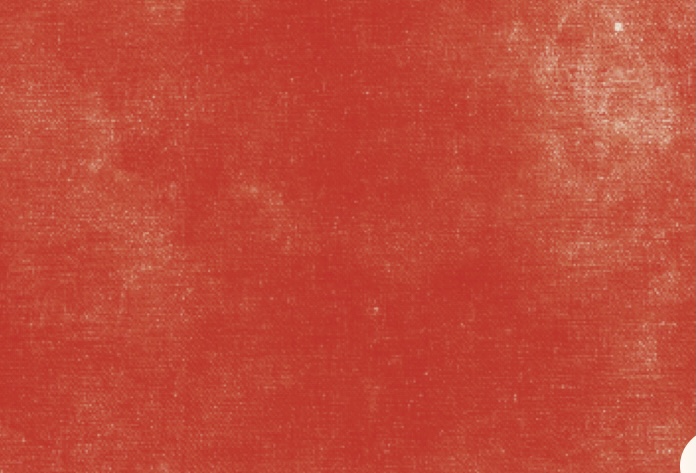


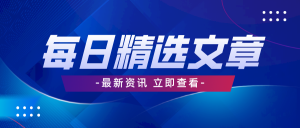


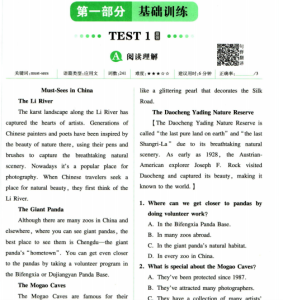
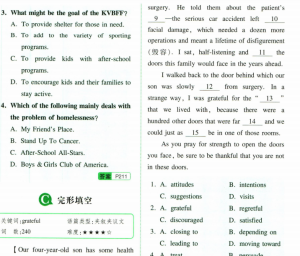
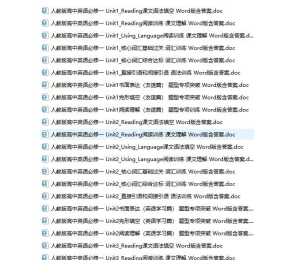

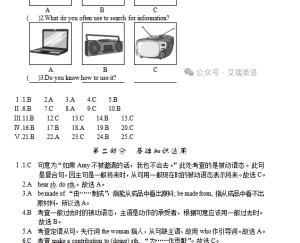
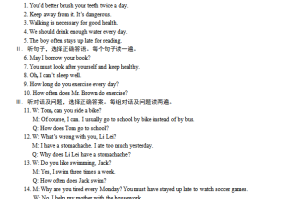


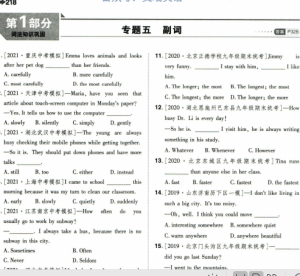
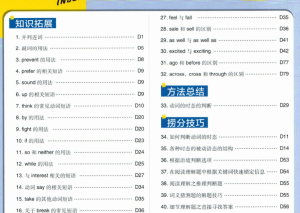
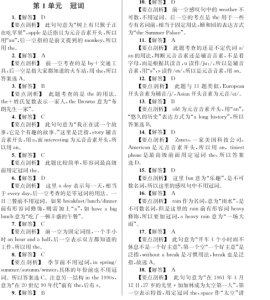
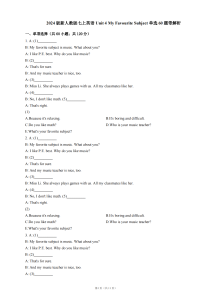


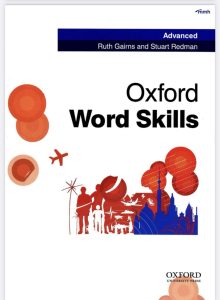
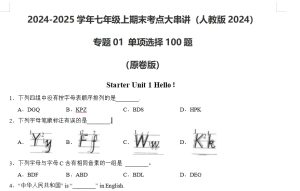
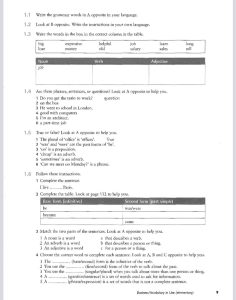
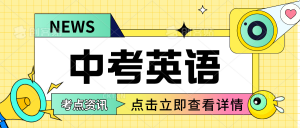


暂无评论内容